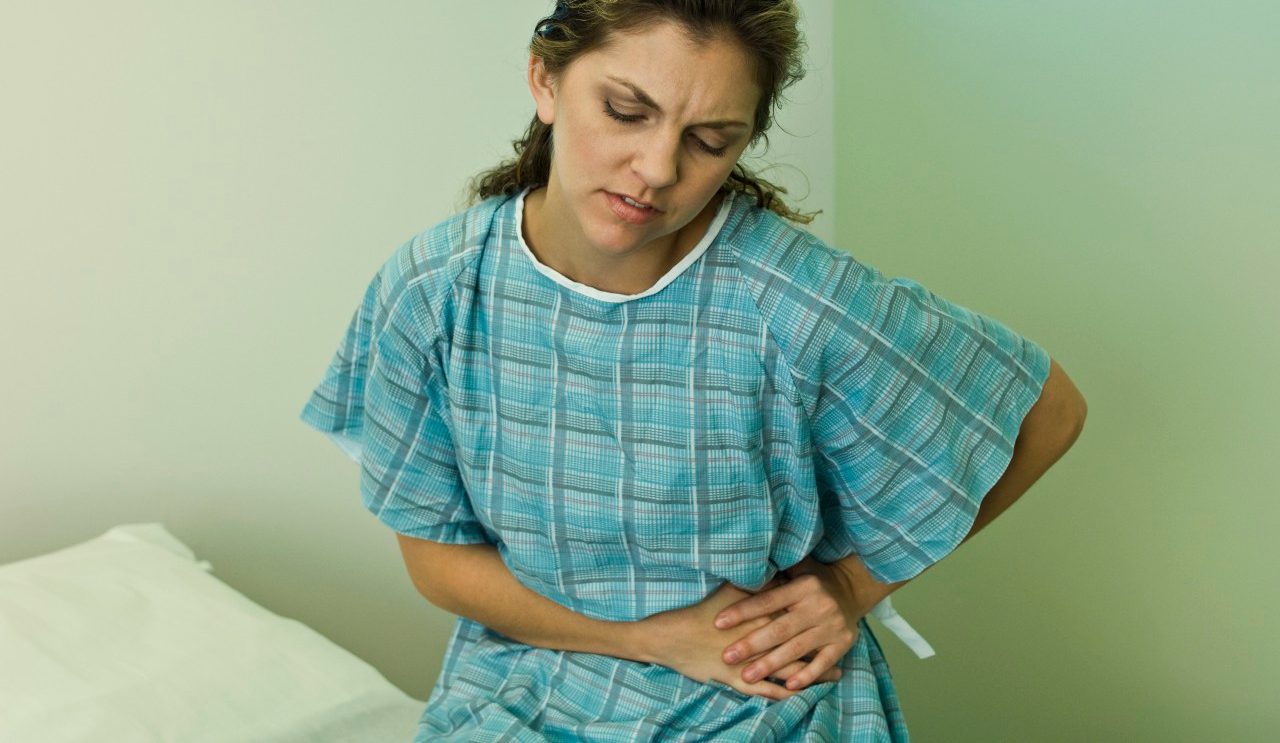Symptoms of Colon Polyps

Most colon polyps are benign, but some develop into colorectal cancer. There are usually no symptoms of colon polyps, but see your doctor if they do occur.
A colon polyp is a growth of extra tissue on the lining of your colon or rectum. Although most polyps are benign, some become malignant over time. In fact, colon and rectal cancer (also called colorectal cancer) almost always begins as a polyp.
With the exception of skin cancer, colorectal cancer is the third most common cancer diagnosed in the U.S., and it’s the third leading cause of cancer-related deaths in both American men and women, according to the American Cancer Society.
YOU MIGHT ALSO LIKE: Our Colon Cancer section
However, colorectal cancer is highly preventable if polyps are found and removed before they become malignant, the National Cancer Institute explains. Regular screenings for polyps, usually with a colonoscopy, are a crucial way to proactively prevent colon cancer.
At what age you start colonoscopies is usually based on your age, your medical history, and your family history of colorectal cancer. However, if symptoms of colon polyps develop, you need to contact your doctor ASAP to see if screening is warranted sooner than later.
How to recognize symptoms of colon polyps
While polyps don’t often cause symptoms, sometimes they do. It’s true the symptoms association with colon polyps often have other explanations, the National Institute of Diabetes and Digestive and Kidney Diseases (NIDDK) points out. But instead of guessing whether you have polyps or not, it’s important to contact your doctor about any possible signs of colon polyps.
When symptoms of colon polyps occur, they often include:
- Blood in your stools. This can show up as red streaks on stools or make your stools look black.
- Bleeding from the rectum. You might find blood on toilet paper or on your underwear. (Hemorrhoids can also cause this symptom but, if it is new, or persistent, contact your doctor.)
- Fatigue. Over time, losing blood due to a bleeding polyp can result in anemia and iron deficiency.
- A change in bowel habits. Constipation or diarrhea lasting more than a week, especially if this is unusual for you, should be reported to your doctor.
- Abdominal pain. Although this is a rare colon polyp symptom, some people experience abdominal discomfort.
What’s the next step if you have symptoms of colon polyps?
If you have any symptoms of colon polyps, your doctor will go over your medical and family history and perform a physical exam. Depending on the findings and your individual case, you will have tests and procedures to see whether your have a colon polyp or another condition causing your symptoms, according to the NIDDK.
Your doctor may perform a flexible sigmoidoscopy, which involves looking inside your rectum and lower colon using a flexible, narrow tube with a light and tiny camera on one end. Or, if your doctor wants to look at more of your colon, along with your rectum, a colonoscopy (which also uses a narrow tube, camera, and light), will be performed.
Both flexible sigmoidoscopies and colonoscopies can reveal irritated and swollen tissues, ulcers, and cancer, as well as polyps. Any polyps that are found can be removed and checked for cancer.
Virtual colonoscopies are used at some medical centers. Using x-rays and a computer, a virtual colonoscopy creates images of your rectum that can show ulcers, polyps, and cancer.
A barium enema, also known as a gastrointestinal series, is used to produce pictures of the large intestine. The barium in the enema makes that part of your anatomy easier to see on an x-ray – including any polyps.
A colonoscopy or sigmoidoscopy are often the first choice to check for polyps because if a polyp is found it can be removed and biopsied – something that’s not possible with a virtual colonoscopy or during a barium enema.
Updated:
March 18, 2020
Reviewed By:
Janet O’Dell, RN